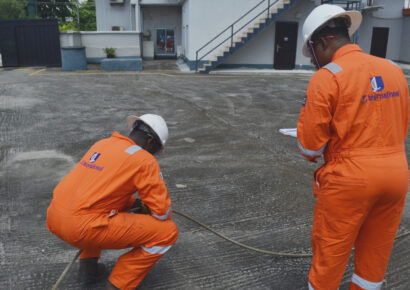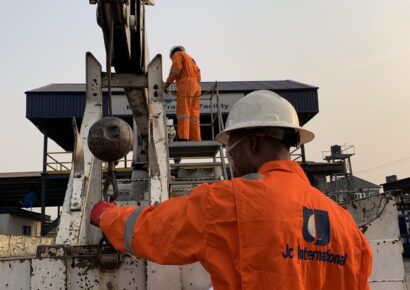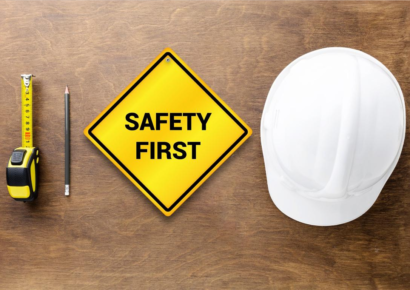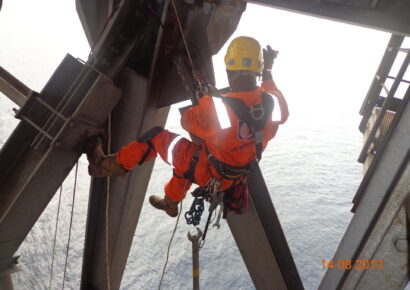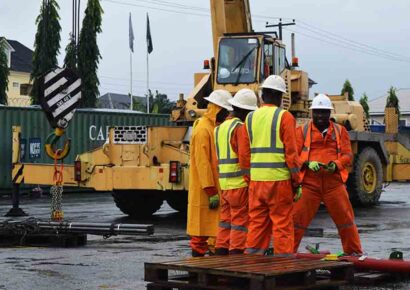Course Overview
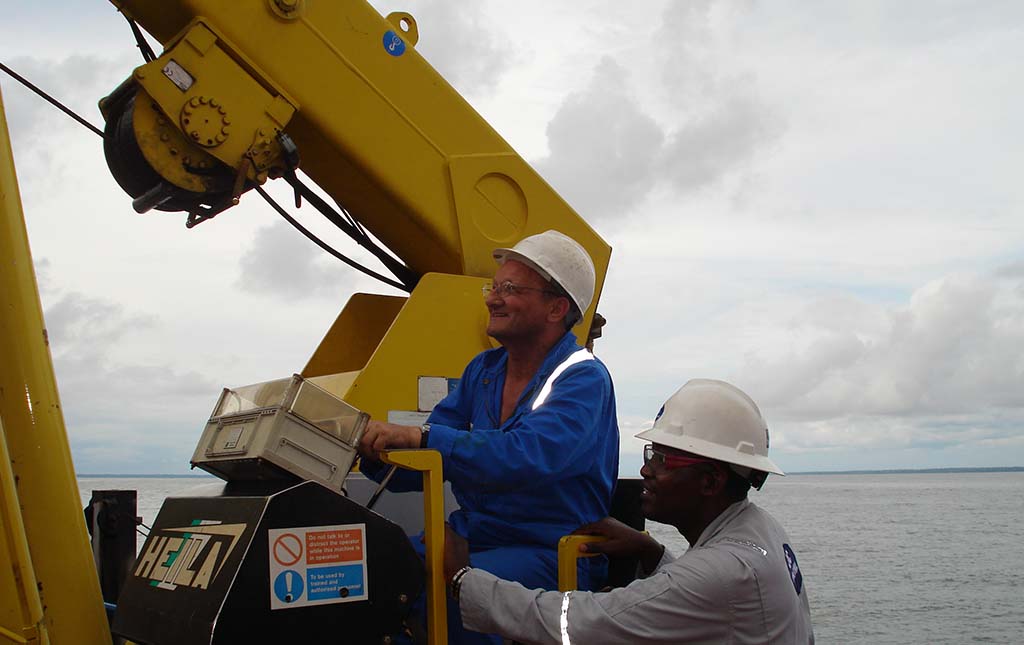

The Offshore Crane Training program is designed to equip participants with the theoretical knowledge and practical skills necessary for safe and effective crane operations in offshore environments. The course covers various types of cranes, rigging techniques, and safety protocols, emphasizing operational efficiency and compliance with industry standards. Participants will learn how to safely operate, rig, and inspect cranes, ensuring high-quality performance in demanding offshore settings.
Course Objective
To provide participants with the essential skills to operate different types of offshore cranes safely, understand rigging procedures, and adhere to industry safety standards.
Training Stages
- Stage 1: Theoretical Knowledge
Participants will engage in discussions and case studies to gain a comprehensive understanding of the theoretical aspects of offshore crane operations. - Stage 2: Simulation Training
Participants will engage in simulation training, where they can practice operating various types of cranes in a safe, controlled environment. - Stage 3: Practical Assessment
The final stage involves practical assessments to evaluate participants’ knowledge and skills. They will demonstrate their competency in operating offshore cranes and adhering to safety protocols.
Target Audience
Entry-Level Operators: Individuals seeking to start a career in crane operations in offshore settings.
Experienced Crane Operators: Professionals looking to enhance their skills or obtain certifications in offshore crane operations.
Project Managers and Supervisors: Personnel responsible for overseeing crane operations and ensuring safety compliance on offshore projects.
Safety Officers: Individuals tasked with implementing and monitoring safety protocols in offshore environments.
The Offshore Crane Training program offers comprehensive instruction for anyone aiming to become a proficient crane operator in offshore operations, focusing on safety, efficiency, and adherence to industry standards.


